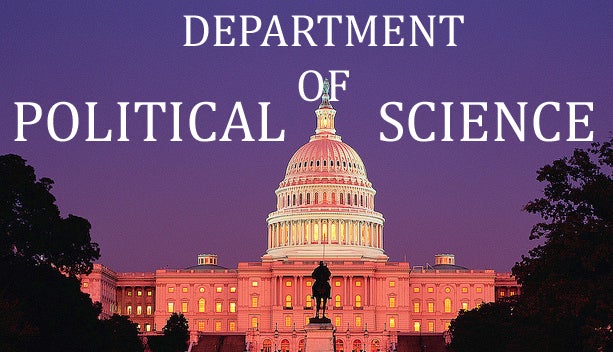This spring Dr. Jonathan Morris presented a paper titled “More Guns, Fewer Shootings? Public Opinion on Mass Shooting Prevention in America,” at the Annual Meeting of the Western Political Science Association, in San Diego. The paper was co-authored with his brother, David Morris, whose PhD is in sociology.
Abstract: “There is a relative dearth of academic work on the public’s perception of arming school teachers, as most existing studies look at opinion on gun control. The purpose of this study is to investigate public opinion on arming school teachers as a solution to curb mass shootings in America. Our main research question asks: What factors contribute to the belief that arming school teachers will cause a decrease in mass shootings? We also ask: What factors contribute to the overall belief that increasing access to guns among law-abiding citizens will decrease mass shootings in America? Using data survey data collected in June 2018, which was shortly following the mass shootings in Las Vegas and Parkland, we investigate these questions in effort to provide a clearer understanding of the belief that more firearms will ultimately reduce the threats of mass shootings.”
